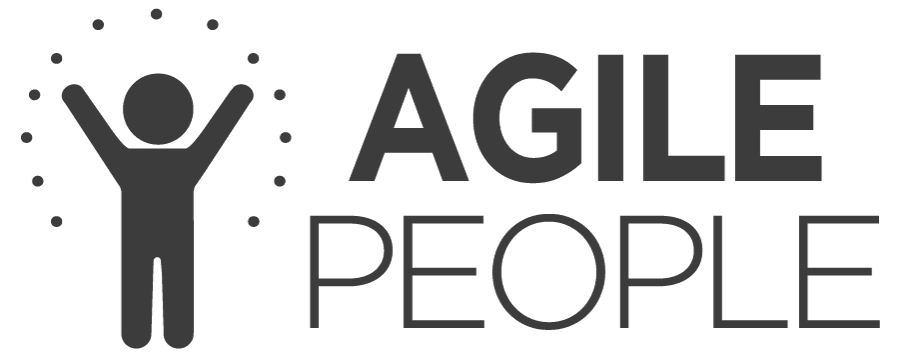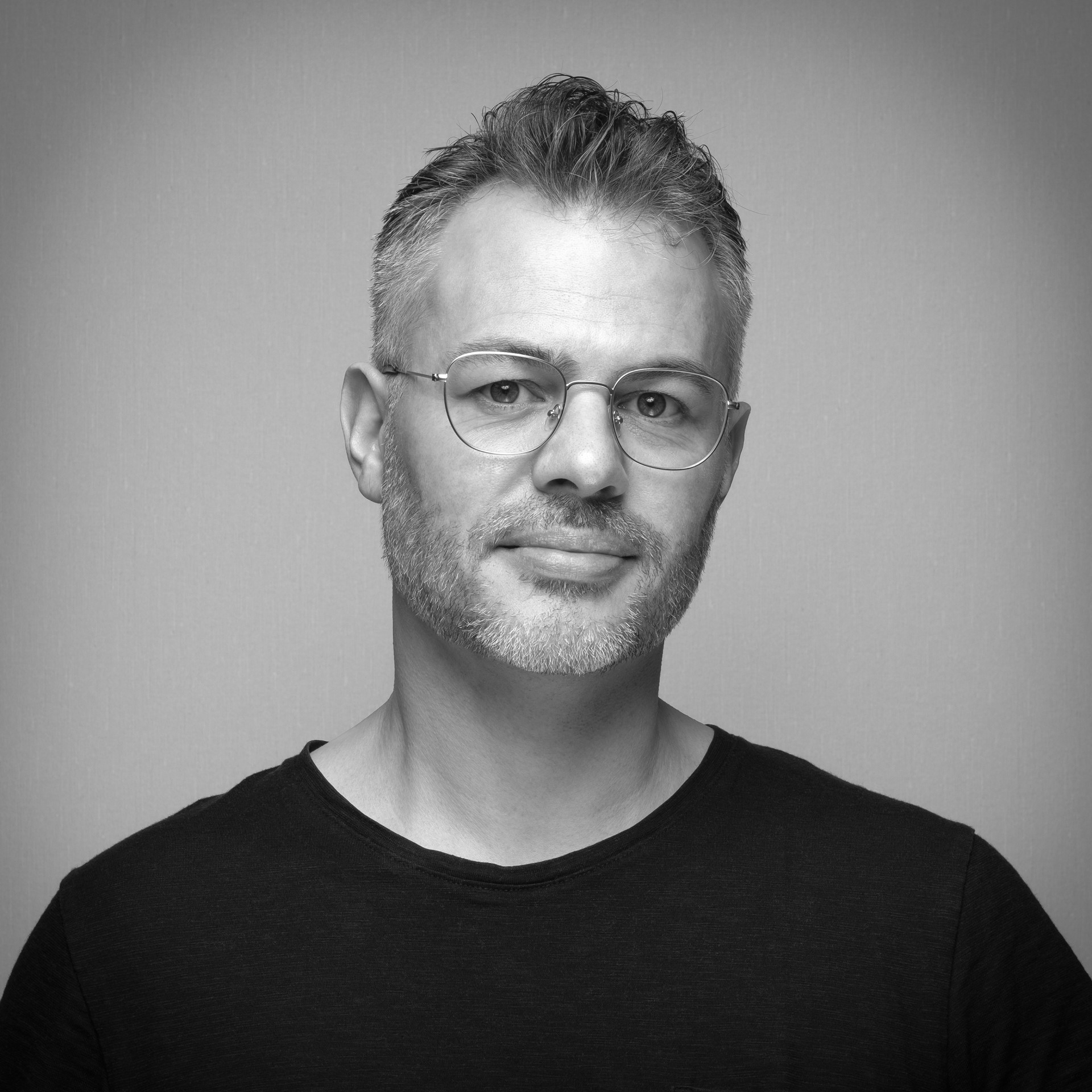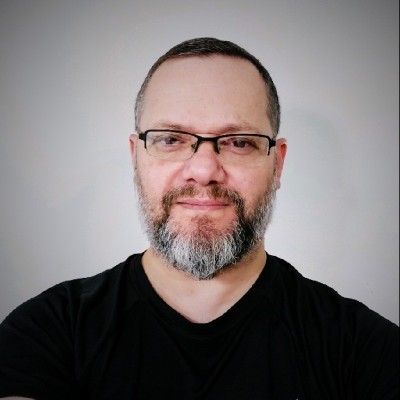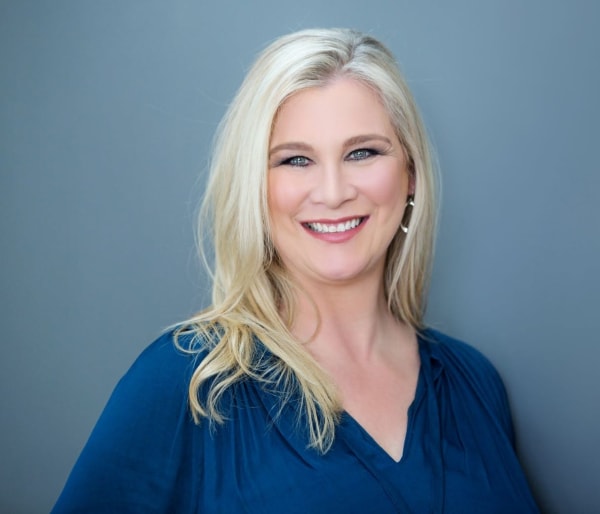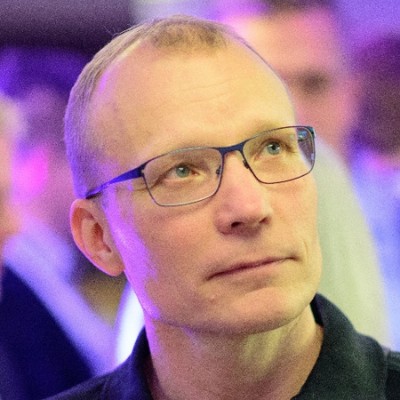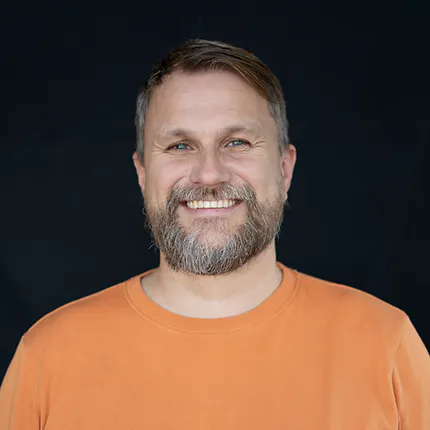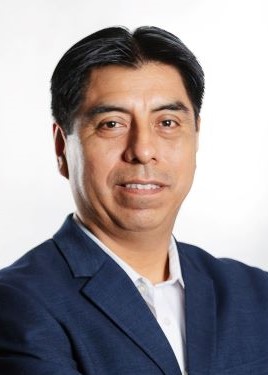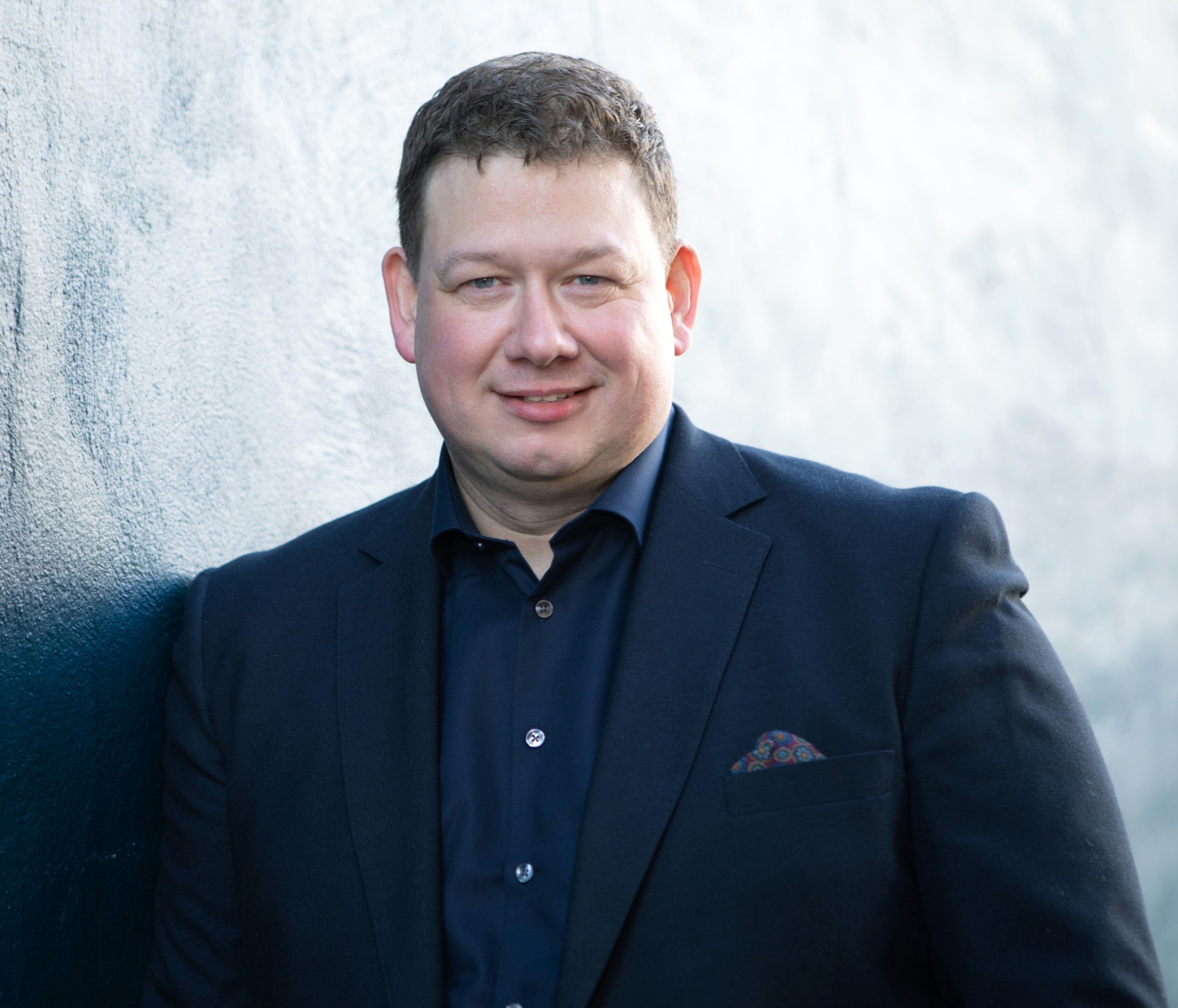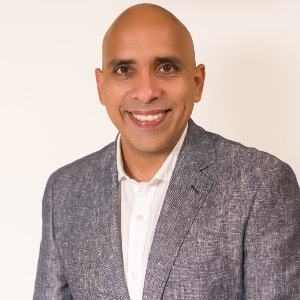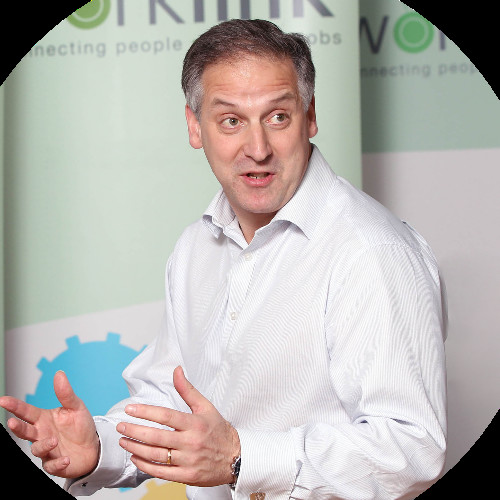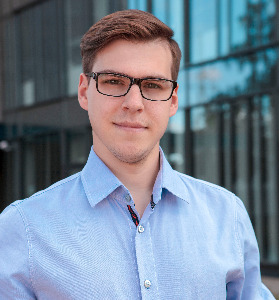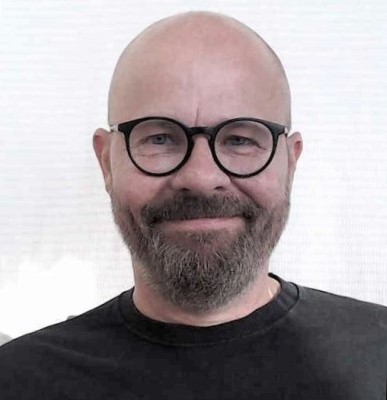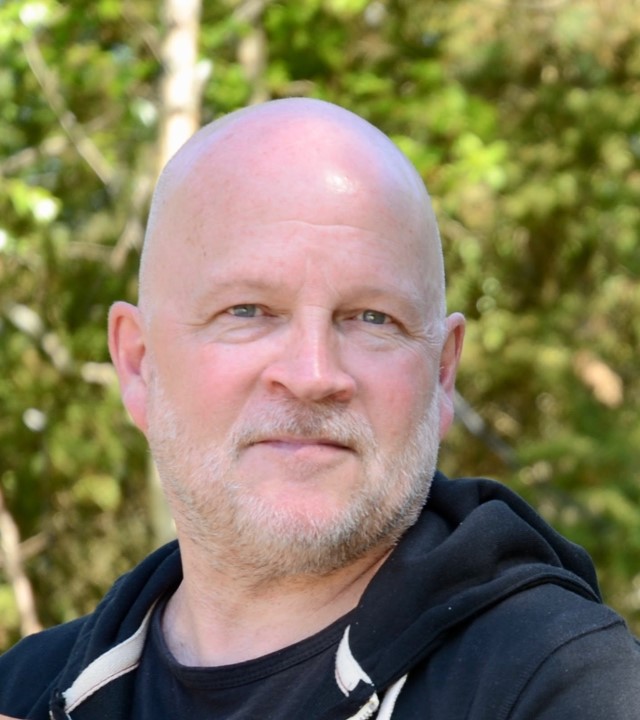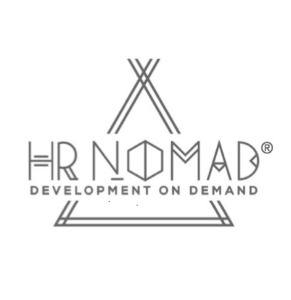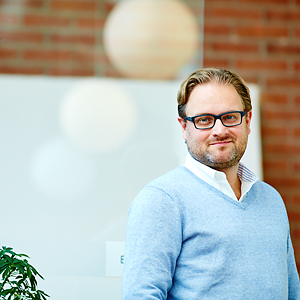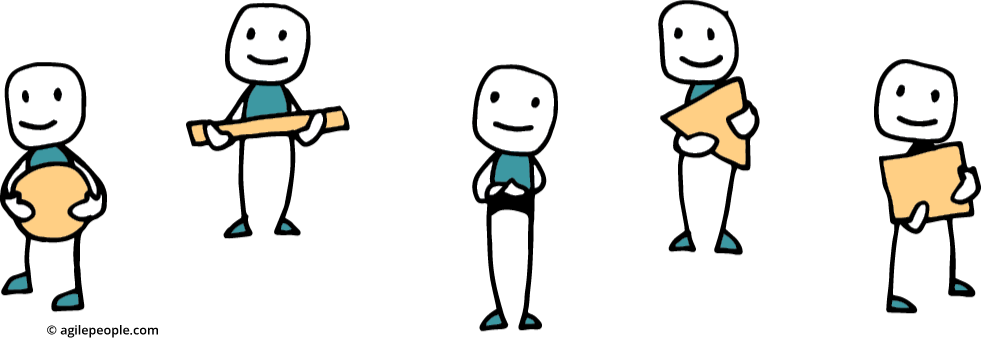Meet our Agile People trainers and consultants. They are all passionate agile representatives from the whole world, with a toolbox corresponding to the Agile People principles. Read more and contact them via their consultant page below.
Together, we are spreading the agile values and changing organizations for the better, in every corner of the world.
Ongoing Events:
4
All Events:
17
Ongoing Events:
1
All Events:
4
Ongoing Events:
0
All Events:
0
Ongoing Events:
0
All Events:
0
Ongoing Events:
0
All Events:
3
Ongoing Events:
4
All Events:
16
ElenoNora Nelson-Per-Claeson
+46 725 292379 [email protected]
Ongoing Events:
3
All Events:
45
Emanuele Moscato
+39 3357581795 [email protected]
Ongoing Events:
0
All Events:
8
Francisco Cordero
+51999098812 [email protected]
Ongoing Events:
1
All Events:
4
Ongoing Events:
0
All Events:
0
Gabriele Bachowsky
+436643817474 [email protected]
Ongoing Events:
1
All Events:
2
Ongoing Events:
0
All Events:
8
Ingela Moene
+46767711029 [email protected]
Ongoing Events:
5
All Events:
26
Ongoing Events:
0
All Events:
0
Ongoing Events:
0
All Events:
0
Ongoing Events:
0
All Events:
0
Ongoing Events:
0
All Events:
4
Ongoing Events:
0
All Events:
0
Ongoing Events:
0
All Events:
0
Ongoing Events:
0
All Events:
2
Ongoing Events:
0
All Events:
0
Ongoing Events:
0
All Events:
0
Ongoing Events:
0
All Events:
5
Ongoing Events:
0
All Events:
2
Ongoing Events:
5
All Events:
21
Ongoing Events:
0
All Events:
0
Ongoing Events:
0
All Events:
0
Ongoing Events:
0
All Events:
2
Ongoing Events:
5
All Events:
28
Ongoing Events:
0
All Events:
1
Ongoing Events:
0
All Events:
4
Ongoing Events:
0
All Events:
1
Ongoing Events:
0
All Events:
0
Ongoing Events:
0
All Events:
0
Ongoing Events:
1
All Events:
6
Ongoing Events:
0
All Events:
3
No item found!
BECOME AN AGILE PEOPLE TRAINER YOURSELF?
JOIN OUR GLOBAL NETWORK TO CHANGE THE WORLD OF WORK TOGETHER!
